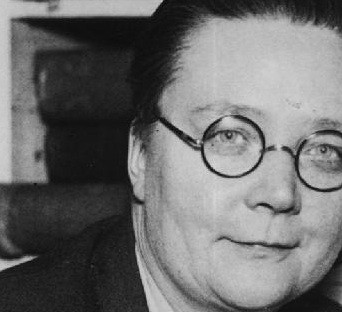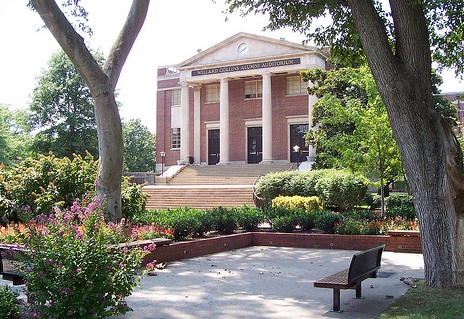 The story in Acts moves from the martyrdom of James, brother of John (sons of Zebedee), back to Peter, whose own agency in the mission of God shapes the first half of the Book of Acts. Peter, along with James, is persecuted by Herod Agrippa I, but the story of Peter turns out so differently — and it is here that we encounter an experience so true of real life in the gospel work: some are martyred and some live to preach the gospel. A good commentary to read is Beverly Gaventa’s (The Acts of the Apostles (Abingdon New Testament Commentaries)
The story in Acts moves from the martyrdom of James, brother of John (sons of Zebedee), back to Peter, whose own agency in the mission of God shapes the first half of the Book of Acts. Peter, along with James, is persecuted by Herod Agrippa I, but the story of Peter turns out so differently — and it is here that we encounter an experience so true of real life in the gospel work: some are martyred and some live to preach the gospel. A good commentary to read is Beverly Gaventa’s (The Acts of the Apostles (Abingdon New Testament Commentaries)
).
Acts 12:5 So Peter was kept in prison, but the church was earnestly praying to God for him.
Acts 12:6 The night before Herod was to bring him to trial, Peter was sleeping between two soldiers, bound with two chains, and sentries stood guard at the entrance. 7 Suddenly an angel of the Lord appeared and a light shone in the cell. He struck Peter on the side and woke him up. “Quick, get up!” he said, and the chains fell off Peter’s wrists.
Acts 12:8 Then the angel said to him, “Put on your clothes and sandals.” And Peter did so. “Wrap your cloak around you and follow me,” the angel told him. 9 Peter followed him out of the prison, but he had no idea that what the angel was doing was really happening; he thought he was seeing a vision. 10 They passed the first and second guards and came to the iron gate leading to the city. It opened for them by itself, and they went through it. When they had walked the length of one street, suddenly the angel left him.
Acts 12:11 Then Peter came to himself and said, “Now I know without a doubt that the Lord has sent his angel and rescued me from Herod’s clutches and from everything the Jewish people were hoping would happen.”
Acts 12:12 When this had dawned on him, he went to the house of Mary the mother of John, also called Mark, where many people had gathered and were praying. 13 Peter knocked at the outer entrance, and a servant named Rhoda came to answer the door. 14 When she recognized Peter’s voice, she was so overjoyed she ran back without opening it and exclaimed, “Peter is at the door!”
Acts 12:15 “You’re out of your mind,” they told her. When she kept insisting that it was so, they said, “It must be his angel.”
Acts 12:16 But Peter kept on knocking, and when they opened the door and saw him, they were astonished. 17 Peter motioned with his hand for them to be quiet and described how the Lord had brought him out of prison. “Tell James and the other brothers and sisters about this,” he said, and then he left for another place.

